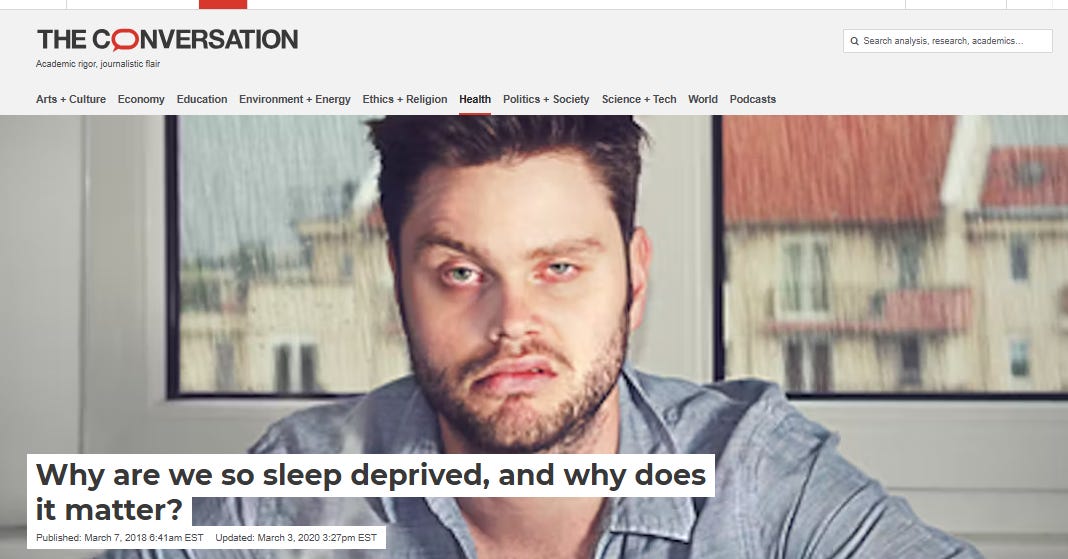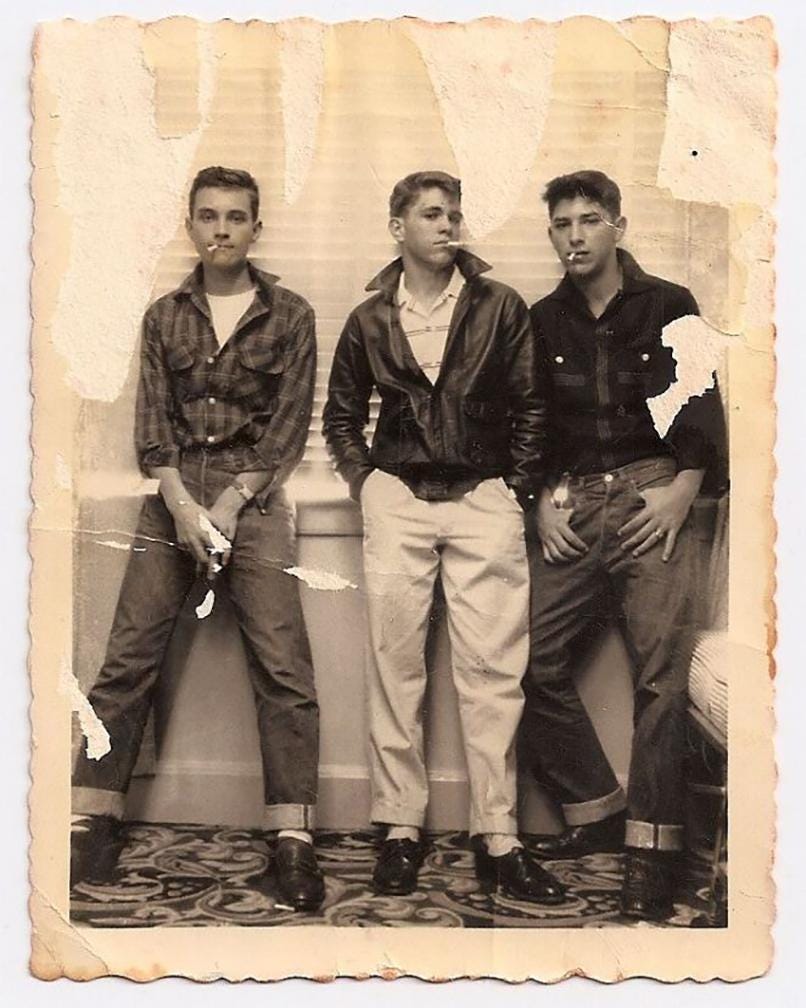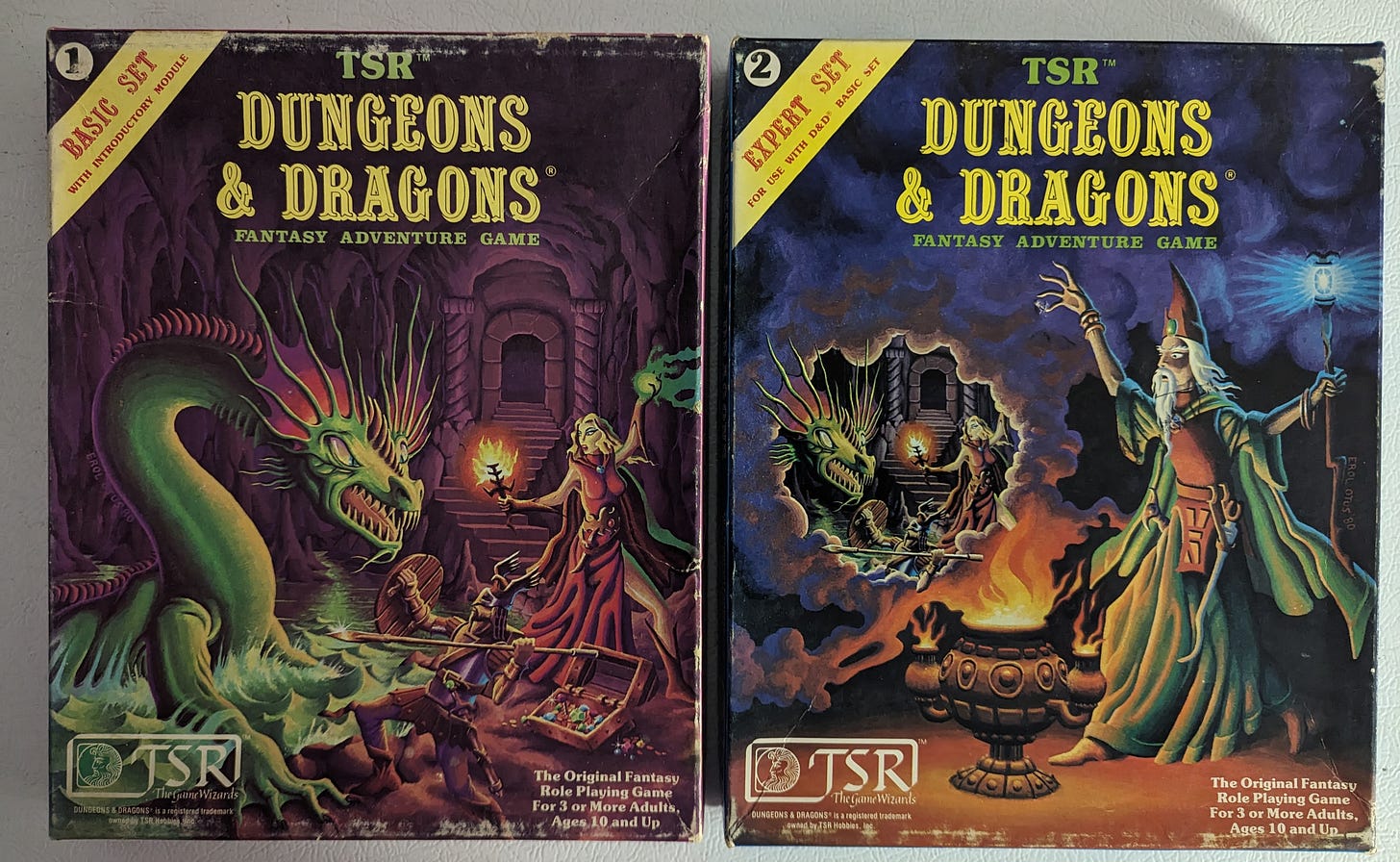[Note: whenever I post anything about having kids I always include the caveat that, while I think children are the greatest blessing, I don’t judge people for not having them, even if my humor gives that impression. There are plenty of circumstances thst result in childlessness which aren’t related to the social trends I mention and deplore.]
I wrote a piece some time ago, a bit tongue-in-cheek, called “The Top Ten Reasons for Right Wing Men Not to Have Kids.” In it, I played around with the tendency among some on the right to bemoan the lack of ideal conditions (as they understand them) for creating a family. Most of the objections have to do with the cost of it all. Housing in big blue cities- the only places worth living- is simply too expensive, and therefore, family life would have to wait. In the meantime, the angry young rightist could console himself with a life strangely akin to that of the SSRI progressive female who generally serves as his political foil- travel, exercise, partying- while otherwise devoting his efforts toward material gain.
Obviously this is a kind of strawman; no person I know fits this caricature on all points. But I do think it is a problem. There are a lot of people who spend a great deal of time talking themselves into believing that a life that is quite attainable for a man of even modest means- provided he is willing to sacrifice- is quite impossible for them and always will be. As a teacher of young men I find such pessimism sad, but it is a fallen world, after all.
However, the events of the last year, culminating in the re-election of Donald Trump and the coincident ascendency of the right into cultural prominence, seems to have led to a reassessment of the prospects for what many call “natalism.” My spellcheck tells me no such word exists, but I know that to be untrue, as there are articles and conferences and probably subreddits devoted to the subject. The Guardian has decided it is something it needs to hate, and set its whinging mutant of an Antifa doxxer against it. Perhaps the confusion lies in that what proponents mean by “natalism” is what the rest of humanity since the dawn of time has called “normal” or “unremarkable.” That we need a special term for it shows how far we are alienated from natural patterns of human life; it’s as if people all at once gave up sleeping en masse, and there arose in response a movement of “somnolentists” to fix the problem.
That’s just a great picture. I’d put down money on his being a teacher.
At any rate, some feel that the prospects for people forming families has now improved. Interestingly, this is not because of any immediate change in their financial circumstances, pace the old theory, but because of a different development on the horizon- some prospect of social prominence attaching to having children. Mothers and fathers will have status. Kids will be cool.
’s recent piece advances such an argument. I wish to state that, although I disagree with his conclusions, I’m glad he took the time to write it, and essays like these are an important part of the conversation we are having and should be having on the right. Svetski makes a lengthy case for family formation staging a comeback on the grounds that prominent people on the right are making having children seem cool, and that this will in turn inspire young people to embrace it, at least on the right. He makes a further case that this coincides with the possibility of Bitcoin becoming increasingly bound up with the fortunes of the young, which he sees as a good thing. To the latter point I am hopeful as well that sound money will make a comeback, but it’s the former I wish to address. Svetski says kids are trending; what is one to make of that prospect?“OMG Check out my cute new Cambodian! He fits right in my purse.” Don’t worry, we both mean a different trend.
To that I say, I truly hope not, but in any case, I believe I have little to fear on that score. Having kids will never be “cool” and God help those born to parents who think it is. Cool is a creature of advertising, the spawn of consumerism that lies at the root of the very selfishness producing most childlessness in the first place. Cool is the problem. Its relationship to ‘status’ is fraught and intrinsically unhealthy, and attempting to build status on a foundation of cool is much akin to building a castle on a cloud.
Cool as a concept- as a term denoting something praiseworthy in the sense of it being fashionable- goes back only a hundred years or so. It denotes trendiness, a concern with appearing desirable in the eyes of others both by affecting nonchalance and through a demonstrated awareness of, and attachment to, things that draw attention as markers of desirability. In other words, cool is a corporate psyop, a kind of cognitive dissonance wherein one fixates on being admired while feigning indifference to attention. In a consumerist and egalitarian society it’s how one squares the circle of showcasing individuality while doing one’s duty and buying all the stuff that will make his peers think well of him. Cool is something that was once largely associated with teenagers (another modern concept), but as society has become ever more infantilized, even senior citizens now feel the urge to embrace it.
That’s not what I mean, Google!
By its very nature, nothing can be cool forever, or even for very long. Cool is as ephemeral as summer dew- your once prized Nehru jacket discarded for Member’s Only. It has to be this way, or else the architects of cool would be unable to sell new things. If you contemplate the perversity of it all- things casually made, loved for a time, discarded, and replaced by new things- one can see the hint of how life is actually supposed to be, with the young growing old, handing over the love they were given to their own children, and passing on, going the way of all flesh.
Some things truly are timeless, like pegged pants and Lucky Strikes.
Thus the problem of kids being cool. Kids aren’t really something you can leave at the Salvation Army when they grow uninteresting or dirty. They’re a substantial commitment, the most substantial commitment one can make, in fact. Only the stupidest people produce children outside consideration of that fact, and people who aren’t stupid will avoid producing children unless they are prepared to follow through. And being prepared is not simply a matter of resources. The very fact that children represent a lifetime commitment make them the antithesis of cool, and those not prepared to give up being cool will simply pass on the prospect.
To raise children properly is to cease to be a child yourself, and thus, to abandon that tether to youth that makes cool possible. Becoming a parent means becoming your parents, at least more than we like to admit. This is unavoidable; all the things that seemed so terribly lame during one’s teenage years now make dreadful sense. I never imagined I could spend years being urinated, defecated, and vomited upon by screaming infants and derive more joy from it than I ever did attempting to be cool.
Note: I was wholly unsuccessful.
It should thus be evident that any attempt to derive status from being cool will necessarily mean that when what is cool shifts in value, so too will the status. Suppose as a thought experiment that someone reads about JD Vance having kids, peruses Andrew Tate’s oeuvre, and sees some filtered influencer family photos on Instagram, and says to himself, “well heck, that just looks like the thing to do. I’m going to settle down with a woman with my same media habits and raise some children!” Imagine further that he has a social-media- worthy brood and gets retweeted by Elon himself. Now everyone wants to be him!
Then AOC wins the presidency in 2032. Cats are back and kids are like sooooo 2020s. What does our man of status do now? He can’t exactly trade his kids in for some photogenic rescue tabbies, assuming that Presidentá Cortez doesn’t actually make that legally possible. What would the kids think if they ever found out that they were the flesh-and-blood equivalents of Air Jordan’s?
The Catbinet at the White Longhouse averts a potential Meowschwitz, circa 2033.
Is there a sense in which status and child rearing are connected? Certainly, but only in a very general sense. In traditional societies, mothers and fathers were certainly revered, but mostly in the same way that people who worked for a living, went to church, paid their debts, and served their communities were esteemed. Having kids was part of a wider system of behaviors that made society function; people who did their part were honored, while people who didn’t were shunned. Ben Franklin’s father had 17 kids with his two consecutive wives. He was a chandler before he had them and after; the status he gained from raising them largely consisted of people not thinking he was a bum.
This is no small thing; in addition to our adults being infantilized, a perversion of status accrues to men and women who engage in self- and- socially destructive behaviors that are nonetheless considered cool- see the aforementioned Tate. This is the real problem. Managerialism accords status based on one’s buy-in to the basic premises of neoliberalism, which means devoting one’s life to one end or another of consumerism. The system wants your time, your money, your youth, and your total devotion. It is a jealous master. There is no status within that system that is not inimical to healthy family formation. One does not simply walk into Mordor and get a job.
I’ve often contrasted Classical education with progressive by noting that the latter teaches you to get what you want, while the former teaches you to want better things. The notion that having kids can and should be made cool emerges from the basic progressive idea, ultimately rooted in liberalism and its modern variant, that the atomized individual is the basic unit of society, and the modern individual represents a quantifiable collection of material wants mediated through marketing. That we can increase the number of children in the world by making them one of those wants, akin to skinny jeans or blonde highlights, misses the problem entirely. We need to want better things.
Kids aren’t cool. They’re a cross. They’re a profound paradox of love and pain. All at once they make you feel both young and old. They remind you always of death and the infinite. They’re a light yoke and an easy burden. JD Vance isn’t cool. What we see in him through the foggy window of media, is something far more meaningful, a glimpse into something timeless, the second most powerful man in the world taking on the first most difficult job, a role he shares with kings and plowmen from aeons past.
Vance’s example is certainly appealing, and to the degree it inspires others toward a life like his, so much the better. But what he represents is not some new trend but an almost Nietzschean inversion of values, and it is all the more remarkable for his having passed through the indoctrination camps of Globohomo Prime. His blend of nationalist populism with traditionalist Catholicism, particularly its social teachings, show a man in the system, but not of it. The recent trend of playful mockery by way of memes, depicting Vance as babylike and silly, emphasizes that he exists- but still thrives- outside the boundaries of cool in a way that even Trump would be hard pressed to manage. It must be remembered after all that the president belongs to that generation that represents the apotheosis of cool, and shows in its progression into old age the course such a life must take for anyone who makes it his lodestone.
Making him look like a caveman is fine, but the David French edit is going too far, IMO.
Looking at Svetski’s charts from his Bitcoin pitch in that light, one can draw some divergent conclusions from his largely economic reasoning. The drop offs he depicts are real, and relate to economic factors, but at their inception also reflect a society where the acid effects of cool were just starting to be felt on the social fabric. It became cool to spend your most productive and fertile years in hedonistic pursuits. It was cool to leave your family to ‘find yourself.’ The 80s made it cool to earn lots of money in finance as real jobs were exported. The 90s made it cool to be ironic as a defense against creeping meaninglessness. And from the 2000s onward it’s been cool to be sterile, puerile, and decadent.
We can do better. To be on the right is to revolt against the modern world, its mores and its transitory hierarchies. Nothing puts you at war with modernity like having kids, nothing makes you less cool, and it will never be any different. Calling it normal, as I did previously, doesn’t quite do it justice, nor would it work even to call it natural. It’s supernatural, transcendent, a defiance of mortality and worldliness, a contribution to a future one will never know. It’s the rejection of the pride of cool for the humility of sacrifice, giving of one’s very body to another. Its love.
And if you doubt me, you should know that I have two children, and I’m therefore high-status and cool, and thus worthy of esteem.












“It’s love.” As simple as that and yet it says so much. An orphan (my mother) and a farmer (my father) with an 8th grade education raised 9 children, and left behind 70 direct descendents all because of love. When I had a young adult tell me with a sense of pride, “we don’t want children” I felt immense sadness, knowing she truly didn’t understand love. Great essay Librarian.
The greatest benefit the pro-natalism crowd gives is insight into obstacles to having children in terms of biohazards that are reducing fertility and medical interventions that help people who can't conceive (note: there are far more effective means than IVF). They also advocate pro-child policies that, while only increasing the birth rate a small amount, focuses society in a less consumerist direction to everyone's benefit.
At the end of the day, the minute you debate whether you should have kids, as opposed to it being a given, general society is already on the path to oblivion. The best you can do is create mini-societies that fosters childrearing as a given of adulthood.